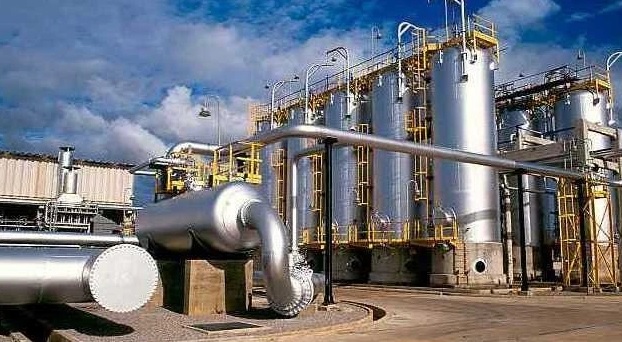Government of Mozambique Anticipates Tripling of Foreign Direct Investment in 2024
According to the proposal for the Economic and Social Plan (PES) for 2024, which will soon be debated and voted on in the Assembly of the Republic, the Mozambican government estimates that Foreign Direct Investment (FDI) in the country will more than triple next year. This substantial increase, driven by businesses related to natural gas exploration, is projected to reach 4,778 million dollars.
The budget proposal reveals an impressive growth in FDI, from 1,425 million dollars in the estimate for the current year, to the 4,778 million dollars predicted for next year. Although it represents an increase of 235%, this level of FDI capture is still not expected to recover from the falls recorded in 2022 (1,975 million dollars) and 2023, due to the divestment of companies linked to the mineral coal industry, when the country reached a peak of more than 5,101 million dollars in FDI in 2021.
The PES report for 2024 also highlights the positive influence of FDI resulting from the resumption of TotalEnergies’ investments in the Rovuma Basin. This is particularly relevant to Mozambique’s economic scenario, as TotalEnergies is one of the main players in natural gas exploration in the region.
Furthermore, the government expects a notable increase in imports of specialized services due to the major projects underway in the country. This includes the resumption of operations by TotalEnergies in Cabo Delgado, valued at more than US$20 billion, which had been suspended due to terrorist attacks in the region. Other projects, such as Montepuez Ruby Mining, Hidroeléctrica de Cahora Bassa (HCB) and Coral North FLNG, will also contribute to increased imports of goods and services.
The report predicts that imports could exceed the expected increase in exports as natural gas exploration begins. However, these prospects are considered crucial for the country’s economic growth.
Furthermore, PESOE establishes that Mozambique will end the year 2024 with a volume of Net International Reserves (RIL) of 2,235 million dollars, which will guarantee three months of import needs for goods and services. This represents a reduction in relation to the forecast of 2.433 million dollars for the end of this year, which was enough to cover 3.7 months of needs.
The government’s proposal also includes projections for the country’s Gross Domestic Product (GDP) growth, estimating a 5.5% increase next year, compared to the 7% forecast for 2023. Additionally, the inflation rate expected is 7%, with projected exports worth 9.703 million dollars.
